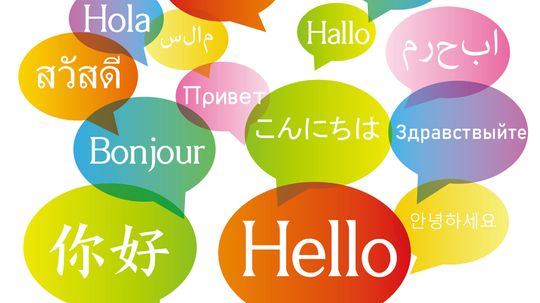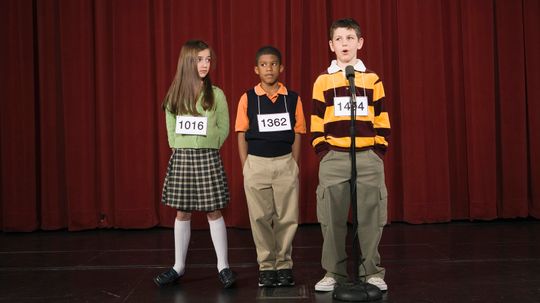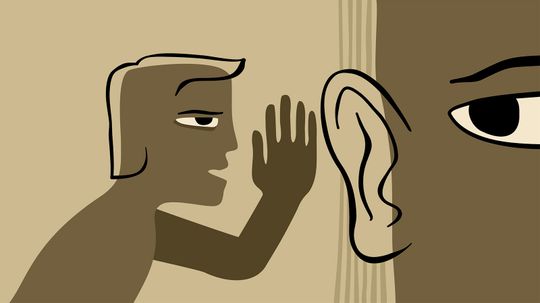Etiquette & Languages
Etiquette and Languages observes how people relate to each other through behaviors and speech. Find information on topics like tipping, sign language, good manners and slang.

Inside LA's Forest Lawn, Where the Biggest Celebrities Rest in Peace

Is Human Composting the Greenest Burial Option?

What's With Germany's Strict Burial Regulations?

Unleashing Majestic Power: Exploring the Symbolism of Lion Tattoos
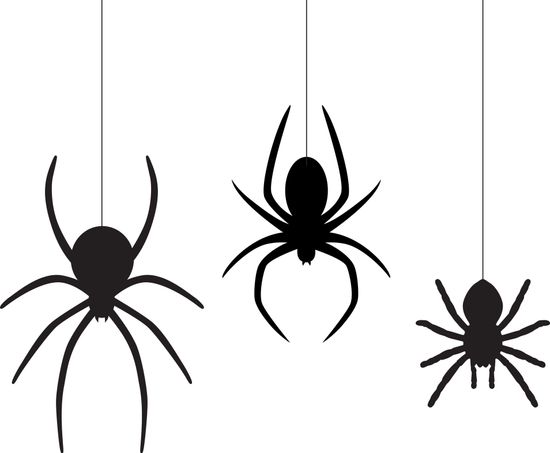
Unveiling the Profound Symbolism of Spider Tattoos

Unraveling the Symbolic Tapestry of Dragonfly Tattoos: Meanings, Designs, and Transformative Power

The 10 Weirdest Foods in the World Have Us Struggling to Finish Lunch
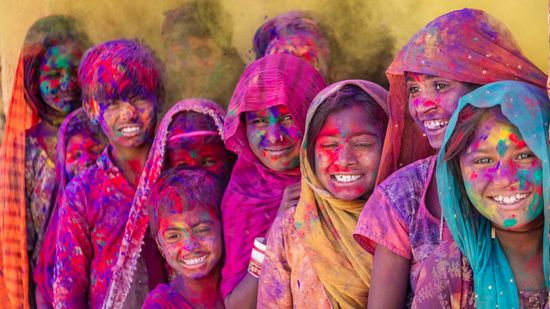
13 Indian Festivals That Celebrate Life, Love and Renewal

10 Japanese Festivals With Distinctly Different Vibes

Why Do Kids Say '6 7'? What Does '6 7' Actually Mean?
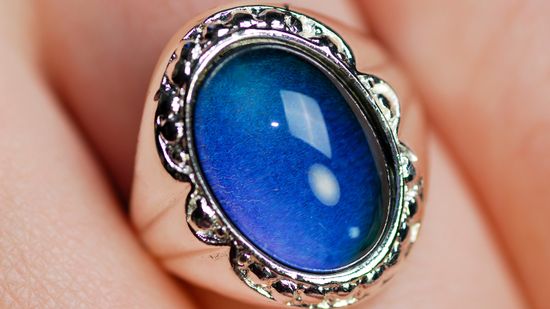
What's the Science Behind Mood Rings?

10 Things We Love to Hate About the '70s and '80s

5 Family Traditions for New Babies

5 Family Anniversary Traditions

5 Family Traditions for Daughters

13 Types of Dragons Humans Have Dreamt Up Over Millennia

Foo Dog: A Mythical Mix of Lion and Chow Chow

Are Black Magic Spells Powerful? The Truth Behind Their Strength

20 Old Money Last Names That Scream Aristocracy

20 Most Common Surnames in the U.S. (and What They Mean)

What Are the Most and Least Popular Birthdays in the U.S.?

90s Slang You Don't See Anywhere but TikTok Anymore

7 Gen Z Characteristics to Help You Understand Zoomers

10 Millennial Characteristics to Decode a Generation

How Many Sentences Are in a Paragraph, Really?

All About Adjectives: Examples, Types and Uses

Simile Examples in Literature and Everyday Language

The Origins of Valentine's Day: A Surprisingly Dark Roman Tradition

Russian Christmas Traditions: Jan. 7, Nativity Fast (Not Feast!) and More

Origins of Santa Claus: A Turkish Saint and American Poetry

Mexico's Flag Represents Ancient History and Everlasting Hope

5 Black-Red-Yellow Flag Designs Around the World

Which Blue and White Flag Is That? 9 Possibilities

How to Tell If She’s Cheating: Common Clues and Behaviors

Signs She’s Not in Love with You – She’s Just Playing Along

7 Signs He Likes You More Than Just a Friend

10 Prayers for Anxiety to Help You Summon Calm

10 Prayers for Healing and Troubling Times

Why Do We Say 'Amen'?

5 Most Bike-friendly Cities in the U.S.

The Zizians: A Strange and Dangerous Techno-Cult

How Synanon Went From Rehab Philosophy to Violent Cult

Quiz: Finish That Jingle!
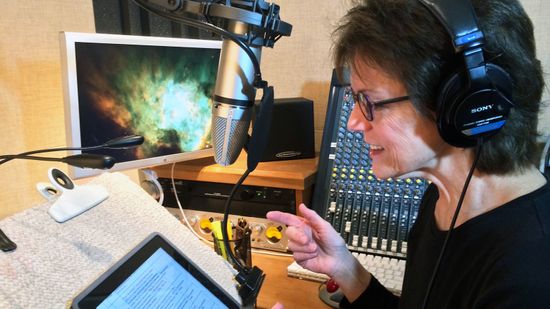
How One Woman Unexpectedly Became the Voice of Siri
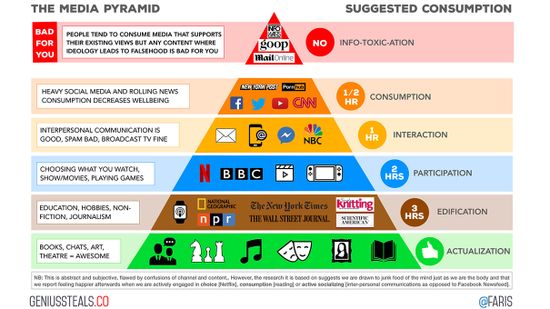
There's a Healthier Way to Consume Your Media
Learn More / Page 2
The English language is challenging due to complicated grammar, inconsistent sentence structure and colloquial idioms that it doesn't share with related languages. However, English is a target language that sees significantly more resources and opportunities for immersion than many other languages.
By Karina Ryan
Languages exist as ever-evolving systems of human communication that go beyond complex grammar or words you could learn from a quick search on Google Translate. Language consists of body language, social cues and mother tongue idioms that are shaped by culture and context. That said, how many languages are there in our vast world?
By Karina Ryan
Many people struggle with learning the English language because there are so many nuanced spellings and usages for different words that don't conform to logical patterns. The hardest words to spell don't always have to be the longest but often contain minor differences from common speech patterns.
By Mitch Ryan
Advertisement
The letter "ñ" is Latin small letter (aka lowercase letter) found in Spanish words. A tilde (the squiggly line over the letter) distinguishes "ñ" from "n" and gives it different pronunciation. For instance, in Spanish, "ano" is pronounced "ah-no" and "año" is pronounced "ahn-yo." And for the record, these two words have very different meanings as well.
By Mitch Ryan
What is the easiest language to learn as a second language? The answer will vary depending on your native language. Learning a new language can open up opportunities, from connecting with people in your community or embracing your own culture to being able to live and work abroad.
By Karina Ryan
Like English, Spanish is a global language with nearly 600 million Spanish speakers worldwide. There are many Spanish-speaking countries, from the 21 nations with Spanish as their official language, to other countries with significant populations of people who speak Spanish as their native language or as a second language.
By Karina Ryan
You may have noticed people sometimes interchange grey and gray, leading to confusion about which spelling is the correct one. But when it comes to using the word grey vs. gray, which one you choose comes down to your location and the specific person, place or thing you're referencing.
By Marie Look
Advertisement
Many struggle over what to say when someone dies. Comforting a loved one during a difficult time can be hard, especially if you can't express your condolences in person. Here are our suggestions.
By Alia Hoyt
English may be the most spoken language in the world, but it wasn't always. So who started speaking it first?
By Ad Putter
Social media platforms use algorithms to flag and remove problematic material. "Algospeak" is the workaround and it's broadly influencing everyday language.
Ever wondered why the first month of the year is called January? Or why September comes from the Latin word for seven when it's the ninth month? Here's how each month got its name.
By Carrie Tatro
Advertisement
Henry Louis Gates Jr. will serve as editor-in-chief of the new Oxford Dictionary of African American English, which is slated to be published in spring 2025.
In recent years, the word "demisexual" was added to dictionaries, while "aerodrome" was dropped. But just who is making these lexicographical decisions?
Victorian etiquette wasn't just about sending a thank you note or holding a door open. There were a jillion rules of propriety to observe. How many of these do you know?
By Alia Hoyt
In this age of electronic communication, the art of letter writing has all but been lost, but the knowledge necessary to address an envelope is something we all should certainly possess.
Advertisement
At-thay epends-day on-way at-whay ou-yay ean-may y-bay eal-ray.
You know that time in summer when everything slows down and not much is going on? The German word sommerloch neatly sums it up. But where did it come from?
By Dave Roos
The majority of Native Americans speak the English language, so how many Native American languages are still in existence and being spoken today? It's a complicated question.
Sign language interpreters provide critical lifelines to the deaf community, especially during crises. So who exactly are these superhero signers?
Advertisement
Xenophobia, or the fear of immigrants and strangers, has a long, unsettling history in the U.S. and across the globe. What makes this prejudice so prominent during hard times throughout history?
By John Donovan
And it's expressions like 'fake news' (instead of information fallacieuse) and 'cool! that are to blame.
By AFP
The two terms are often used interchangeably, though they have distinct meanings. We'll explain how they're different.
Our daily language is often geared for a world that recognizes people as either male or female. But with our growing recognition that not everyone falls into these categories, how can we speak more gender-inclusively?
Advertisement
Over the holidays, lots of gift-giving will be going on. But some people get anxious about opening a gift in front of the giver in case they don't like it and can't fake enough enthusiasm.
By Alia Hoyt
How did this natural tic become the signal for so many social expressions?

